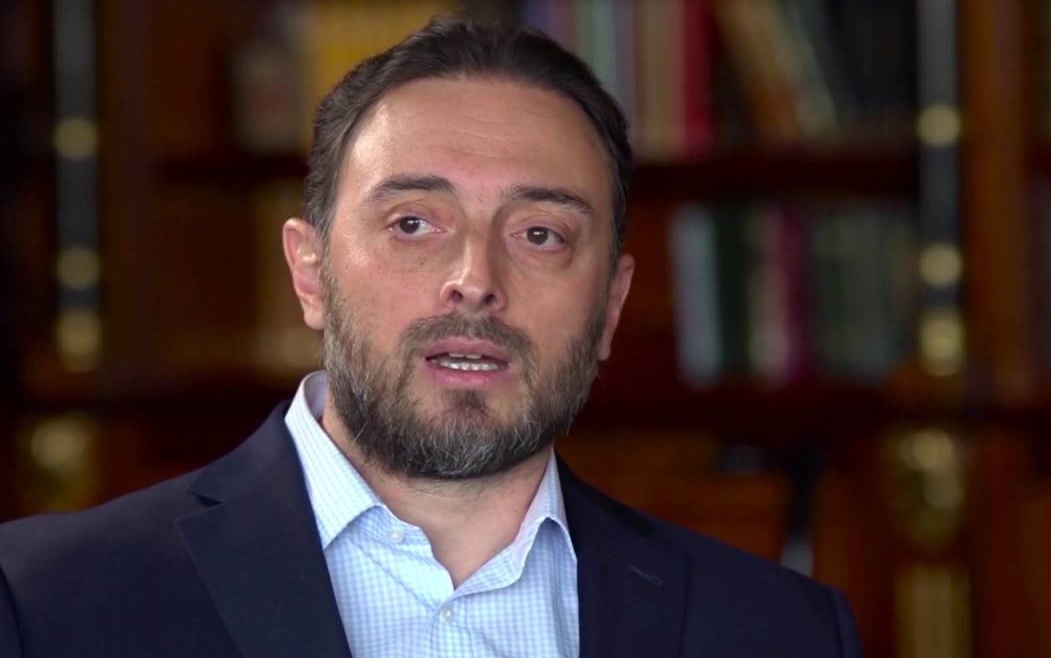Croatia / Slovenia – About fifty migrants demonstrated in Zagreb to denounce attacks on them. Meantime, Slovenia is not willing to take down the fence on her border.
In Zagreb, the Croatian capital, approximately 50 migrants demonstrated on Monday, January 2, against the violence of the locals against them. According to the demonstrators, several attacks against them took place during the New Year’s Eve weekend and they accused the police of not paying attention to their fate.
According to the police, two assaults took place on December 31, involving five migrants, and the two aggressors are currently wanted. However, the nature of the attacks was not disclosed. One of the migrants was taken to the hospital, the other four declined medical aid.
Currently, there are 600 migrants in Croatia, meaning the maximum capacity is currently reached. However, smugglers and NGOs continue to push a few hundred illegal immigrants per day into Croatia.
Slovenia maintains the fences and the controls at her border with Croatia
In Slovenia, despite the advice of President Pahor, the government does not intend to dismantle the fence at the border with Croatia. After an official visit to Turkey and a meeting with Turkish President Erdogan, the Slovenian president said there was no risk of a new migration wave threatening Slovenia.
But this is not the opinion of the Minister of the Interior, Vesna Gjerkeš Žnidar. According to the Minister, there is still a lot of uncertainty about a possible migratory wave, as there are still trouble spots, before adding that many risk factors are still present.
Moreover, since Austria still strictly controls her border with Slovenia, the Minister justifies the similar Slovenian position regarding the neighboring Croatia, which is upstream of the now almost dry Balkan route.
“When you ask people who have experienced 12,000 migrants per day, their position on the border barrier is quite different from the position of those who have not experienced it. This is a temporary measure that is in the interest of safety, and Croatia agrees with that”, said Ms Gjerkeš Žnidar.




